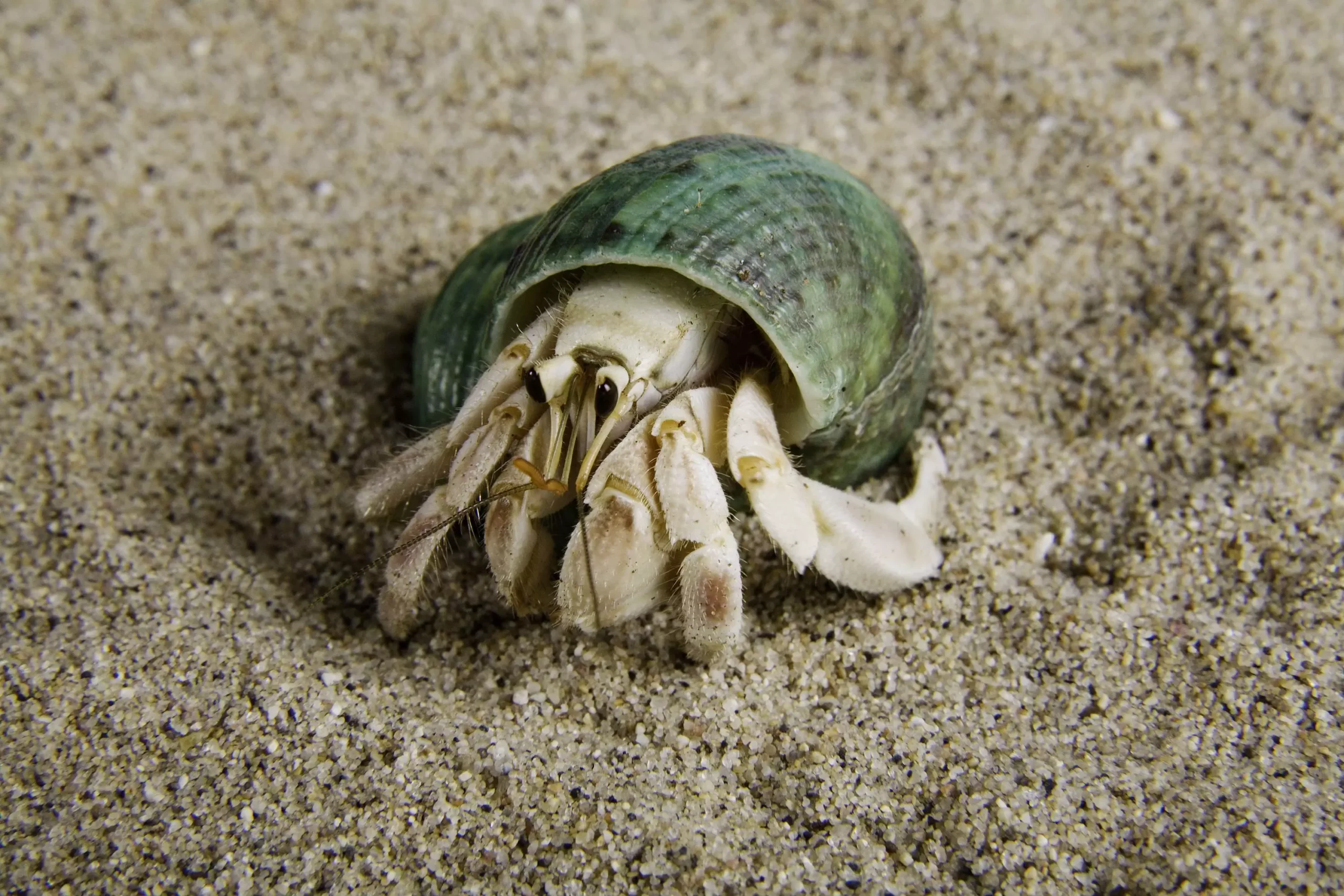Hermit crabs, despite their humble appearance, are fascinating creatures with diverse dietary habits. These omnivorous pets do not limit themselves to a specific type of food; in their natural habitat, they forage widely, feasting on various organic materials, including fruits, vegetables, and decomposing matter. This dietary flexibility is crucial for their health, making it essential for pet owners to provide a balanced diet to ensure longevity and vitality.
When considering what hermit crabs might eat, it’s important to understand that while they can consume a wide array of foods, not all options are beneficial. For instance, fruits can be a delightful addition to their meal plan, but there are specific types of fruit that are safer and healthier than others. This is where knowledge becomes crucial for any hermit crab owner, as the right diet can significantly impact the well-being of these crustaceans.
One fascinating aspect of hermit crabs is their impressive sense of smell. While they might not have a nose in the conventional sense, they possess highly developed sensory receptors situated on the antennae, allowing them to detect scents in their environment. This ability is particularly useful when foraging for food, both in the wild and in captivity.
An excellent way to observe this behavior is through a simple experiment at home. By placing two food options—one with a strong smell and the other neutral—within their habitat, you can watch as your hermit crab uses its antennae to locate the preferred food item. This behavior not only highlights their olfactory capabilities but also emphasizes the importance of offering a variety of food types to stimulate their natural instincts.
To keep hermit crabs healthy, it’s crucial to provide a varied diet that mirrors their natural feeding habits. Typically, their diet should consist of fresh fruits, vegetables, protein sources like meat and fish, along with nuts and specially formulated hermit crab food. This diet ensures that they receive essential nutrients, including calcium, antioxidants, and carotenoids, which play vital roles in their growth and shell development.
Calcium is particularly important for hermit crabs, as it supports proper shell formation and overall health. Foods rich in calcium, such as leafy greens and certain fruits like figs, should be integral to their diet. Antioxidants, commonly found in various fruits and vegetables, contribute to fighting off harmful oxidative stress, thereby promoting longevity.
Additionally, it’s important for owners to be conscious about avoiding processed foods. Natural, unrefined options should always be prioritized to reflect their natural diet as closely as possible. Such diligence helps create an environment where hermit crabs can thrive, contributing to their overall well-being and happiness.
When it comes to fruits, there are numerous options that are safe and beneficial for hermit crabs. The following fruits can be included in their diet:
– Mango
– Papaya
– Coconut (fresh or without added sugar)
– Pears
– Apples
– Bananas
– Grapes
– Pineapple
– Strawberries
– Melons
– Raisins
It is crucial to wash any produce thoroughly to eliminate any pesticides or chemicals that may be harmful to hermit crabs. Additionally, there is no need to chop the fruit into small pieces; hermit crabs tend to nibble at their own pace, making mealtime a leisurely experience.
In addition to a suitable diet, hermit crabs require access to both fresh and saltwater. Fresh water is necessary for drinking, while saltwater provides a bathing medium essential for maintaining their gills and overall health. Owners should provide two separate water sources—one containing fresh water and another formulated saltwater, which must be prepared correctly using specific salts designed for marine life.
Using tap water without first removing harmful chemicals can lead to health issues for hermit crabs. Owners can use dechlorination chemicals available at pet stores, making tap water safe for consumption. It’s equally critical never to use regular table salt when preparing saltwater, as it can harm hermit crabs due to added anti-caking agents.
A well-rounded diet combined with adequate water resources is paramount for the health and happiness of hermit crabs. The complexity and beauty of these creatures can be appreciated fully when we take the time to understand their nutritional needs and cater to their well-being through informed feeding practices. By being conscious about their diet and habitat, we can ensure our hermit crab companions live longer, healthier lives.

